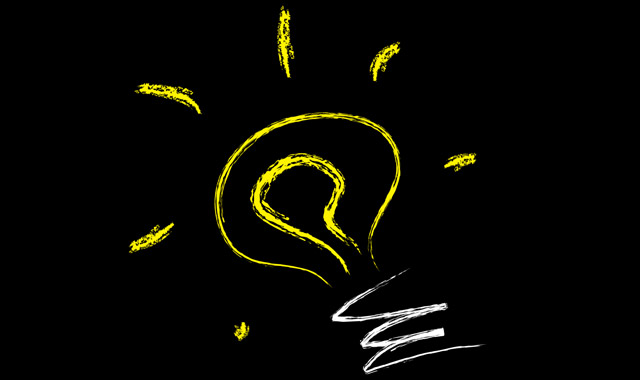
Minister of public enterprises Lynne Brown ruled out the privatisation of basic services — such as the provision of electricity and water — and said load shedding will continue for three more years.
Until the “end state” of Eskom is clarified “we can’t say what parts should go where”, said Brown, who was speaking at a media briefing ahead of her budget vote in the national assembly on Thursday afternoon.
Reuters reported on Wednesday that South Africa was considering either partially privatising Eskom or putting up some of its assets for sale in order to secure funding for the power producer and resolve an energy crisis.
However, Brown was emphatic that she did not believe one should change the state-driven ownership model “for now … until you know what you are working towards. You can’t make a decision [about] what happens to Eskom or any of the other state-owned companies [until then]”.
Brown told reporters that South Africa can expect three more years of power cuts, Reuters reported.
Turning to what she called “my long politician’s answer”, namely the question of what could be privatised by the state, Brown said: “Basic services must be provided by the state. How private companies and the private sector interact with that is part of what we are trying to do now. [But] we must be able to remain in charge as a state for want of a better word.”
Turning to the troubled Eskom, Brown said that even “in the deepest difficult time” — apparently referring to load shedding — Eskom had been able to connect 160 000 households with electricity.
“[Eskom] can’t be driven by capital … or profit,” she said, noting that it was the state’s responsibility — through Eskom as a commercial venture — to carry out the developmental responsibility.
She said that when South African Airways had fallen under her protection, she had proposed that a “strategic equity partner” should be brought in. She continued to hold this view. — Fin24




